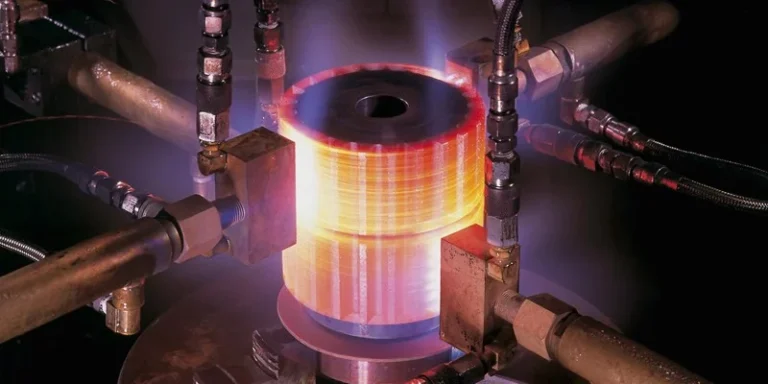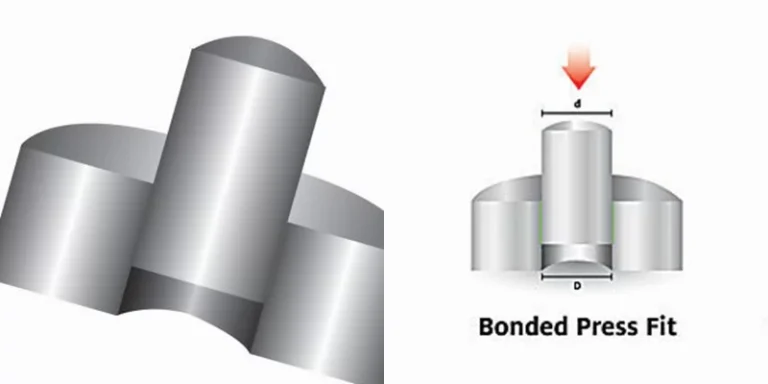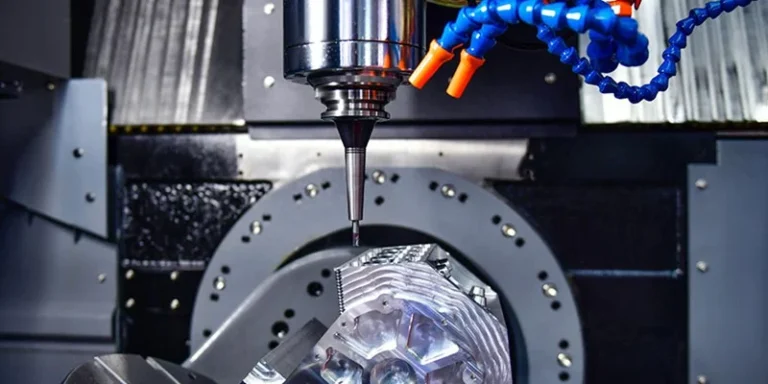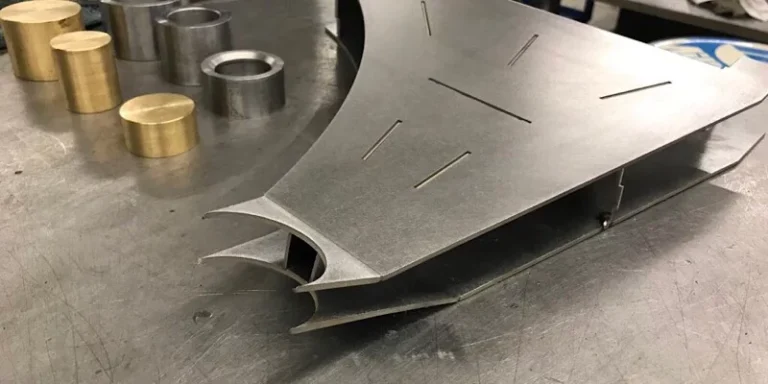Modern CNC industries thrive on producing parts with tight tolerances, mirror-like finishes, and high reliability. These qualities make products robust, efficient, and competitive, driving industrial progress. However, such precision doesn’t happen by itself; it’s the result of meticulous CNC precision engineering, which is crucial for manufacturing the high-quality parts we rely on daily.
The Design and Development of Precise Parts
In the world of precision engineering, there’s an ongoing dialogue between designers and mechanical engineers. Designers often aim for theoretical perfection, seeking ideal geometry and precision in every part. However, achieving such perfection can be prohibitively expensive and sometimes unnecessary. Manufacturing engineers focus on practicality, balancing precision with cost-effectiveness, leading to products with precise surfaces rather than entirely precise parts. This balance ensures high performance without excessive costs.
Identifying Key Technological Tasks
Precision parts often require a two-stage manufacturing process. Initially, parts are produced with regular quality, leaving extra material on surfaces needing high precision. The second stage focuses on achieving the necessary precision and performance, tailored to each part’s unique requirements. For parts with multiple precise surfaces, the process may be divided into groups based on tolerance levels.

CNC Engineering Strategies
CNC precision machining primarily uses abrasive processing for optimal results. Parts are often heat-treated to ensure hardness, a critical factor for effective grinding. CNC precision engineering at AS Prototypes involves various strategies for different part features, such as machining precise holes, smooth planes, or surfaces needing exact positioning.
Meeting Performance Requirements
High-quality parts often have specific performance requirements, like gears needing hard surfaces with softer cores. Techniques such as surface hardening, carbon or nitrogen treatment, and fine coatings are used. However, these methods are complex and material-specific.
To address these challenges, consider outsourcing specialized processes to save on investment and personnel costs. Alternatively, consult with designers to use more expensive materials that don’t require complex treatments, potentially saving money by avoiding unfamiliar technologies.
High-Precision Measurement and Quality Control
Ensuring part quality is a significant challenge in CNC precision engineering. High-precision parts often exceed the capabilities of standard measuring equipment. Recommendations for quality control include:
- Minimizing fixture use to reduce measurement errors.
- Opting for optical measurements to avoid wear and interference from physical contact.
- Testing parts when precision cannot be directly measured, using performance as an indicator of quality.
AS Prototypes: Your Trusted CNC Precision Engineering Partner
AS Prototypes is committed to leading the precision machining industry, offering services in CNC prototyping, dies tooling, and aluminum parts. With advanced 5-axis CNC machines and cutting-edge technology, we deliver superior precision parts globally, ensuring the highest quality and on-time delivery, regardless of complexity. If you’re looking for a reliable partner in precision engineering, AS Prototypes is here to meet your needs.






